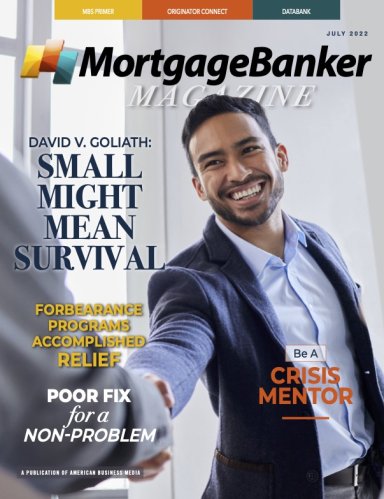Address ‘Why’ When Choosing
To equip sales teams for success, lenders need the right tools in place. These tools should be made with the future of lending in mind and include the technologies and systems necessary to execute marketing strategies at the right time and place. When assessing and implementing business technologies, the two factors organizations should prioritize are centralization and integrations.
Having a centralized system will enable teams to track and report on all sales and marketing activities through all channels. As a result, employees will be empowered to efficiently go to market and quickly finish routine administrative tasks, freeing them up to tackle more fulfilling projects. Cultivating life-long customers while gaining new ones is more important than ever and having a unified system for delivery and collaboration guarantees that existing, new, and prospective customers can feel personally understood.
Importance Of Integration
Once organizations compile best-of-breed solutions, they can optimize their technology stack. Considering the speed of innovation, these technologies will inevitably evolve just as the needs of the business will. As companies build their systems, it’s imperative to avoid unintentionally limiting what systems will and will not be able to do, particularly from an integration perspective. Today’s lenders have massive amounts of data to protect and manage. And consumer expectations have only increased – lenders must now communicate with customers across all channels in record time.
Efficiency-boosting technology solutions like CRM and customer engagement platforms will provide traditional lenders the advantages needed to compete against consumer-direct fintechs. These solutions allow businesses to take charge of marketing and sales activities from a centralized environment that can help ensure the business is compliant with complex regulations – a critical tool to have in the financial services industry. The right technology can also use data to gain knowledge of how customers and prospects are interacting with marketing and sales, which helps them to make well-informed decisions about how to better connect and engage with them moving forward.
Through an integrated technology approach, this enables smarter marketing throughout all platforms, allowing for the unified integration of other best-of-breed solutions to be used together, as opposed to working in siloed operations.
Tech For Strength
Digital transformation can’t be stopped. Traditional lenders can choose to get their teams onboard, finding and integrating the right technology that enables them to not only survive today’s transforming business landscape, but thrive against new consumer-direct fintechs and neobanks. Leaving outdated tools behind and embracing new solutions to help optimize business processes while scaling growth will be the key to success in ensuring traditional financial institutions remain strong competitors.
Traditional players have one big advantage – the strength of their human-first customer connections. While most fintech companies eliminate the need for personal customer relationships, traditional lending institutions can disrupt the disruptors by leveraging technology that empowers them to continue a human-first approach, which will create a financially healthier world as a result.












